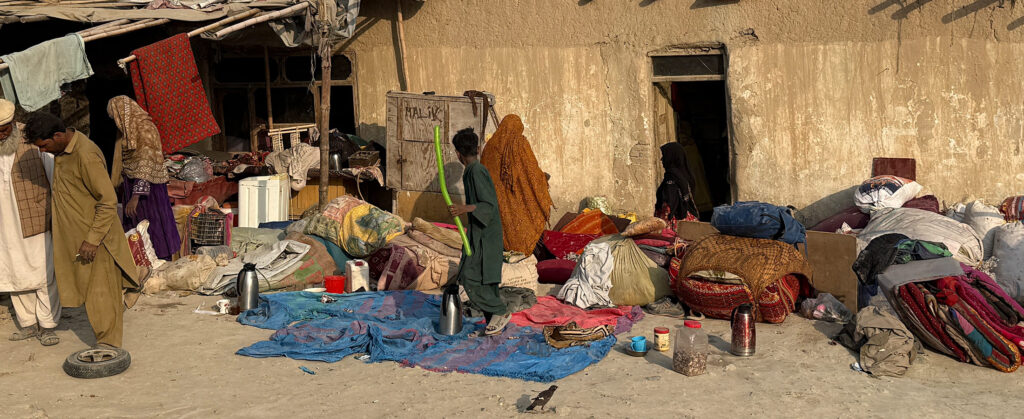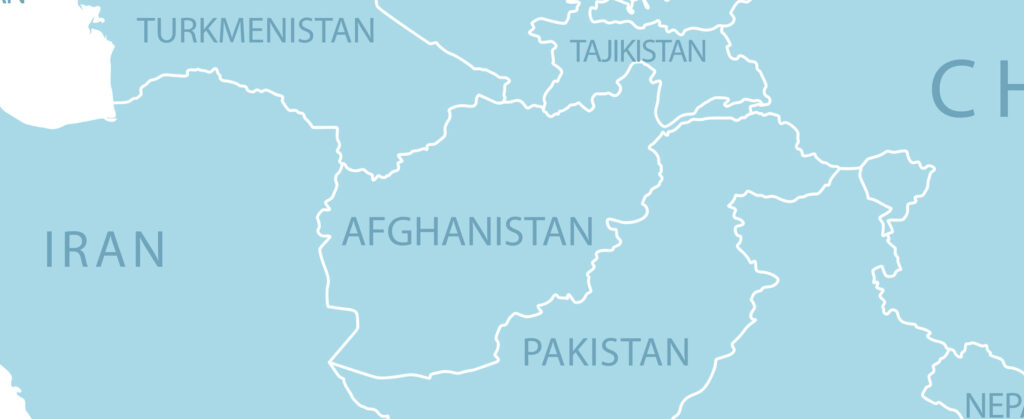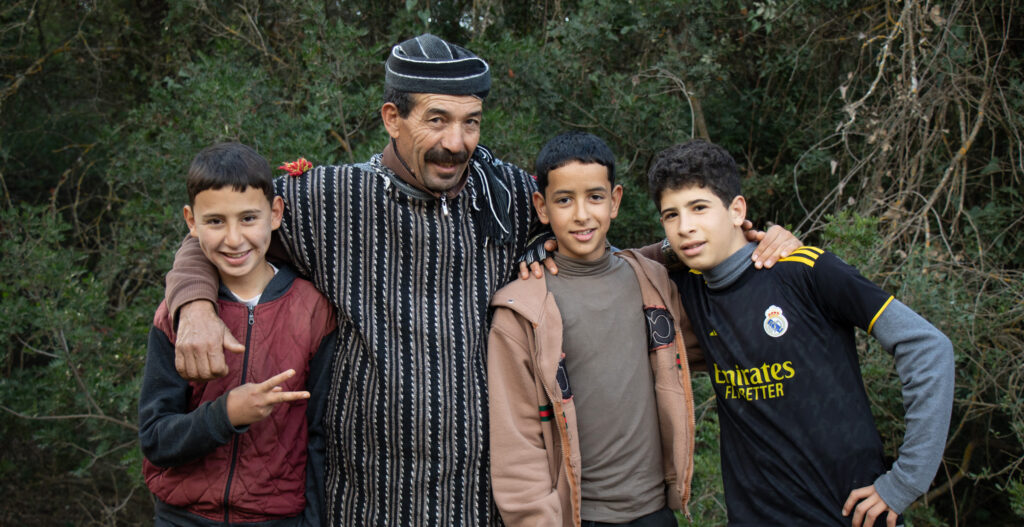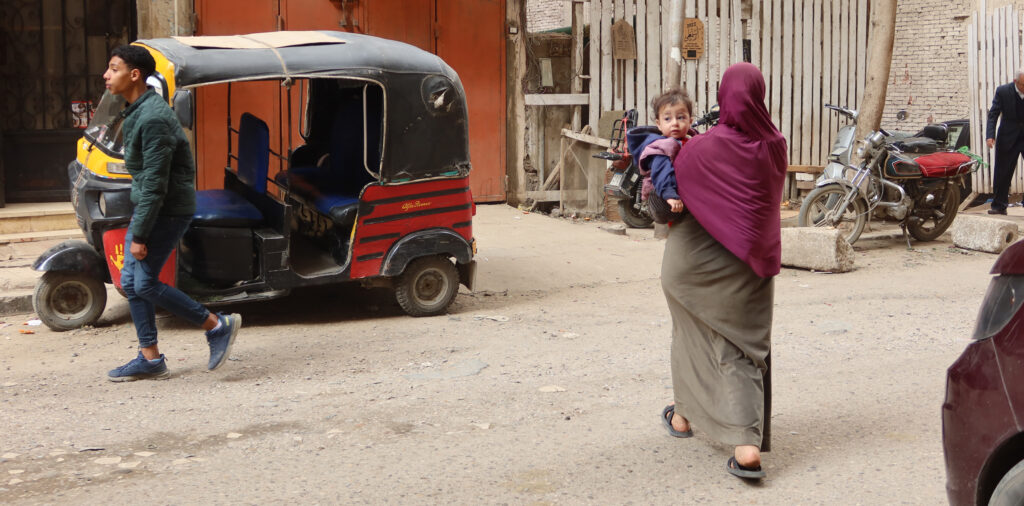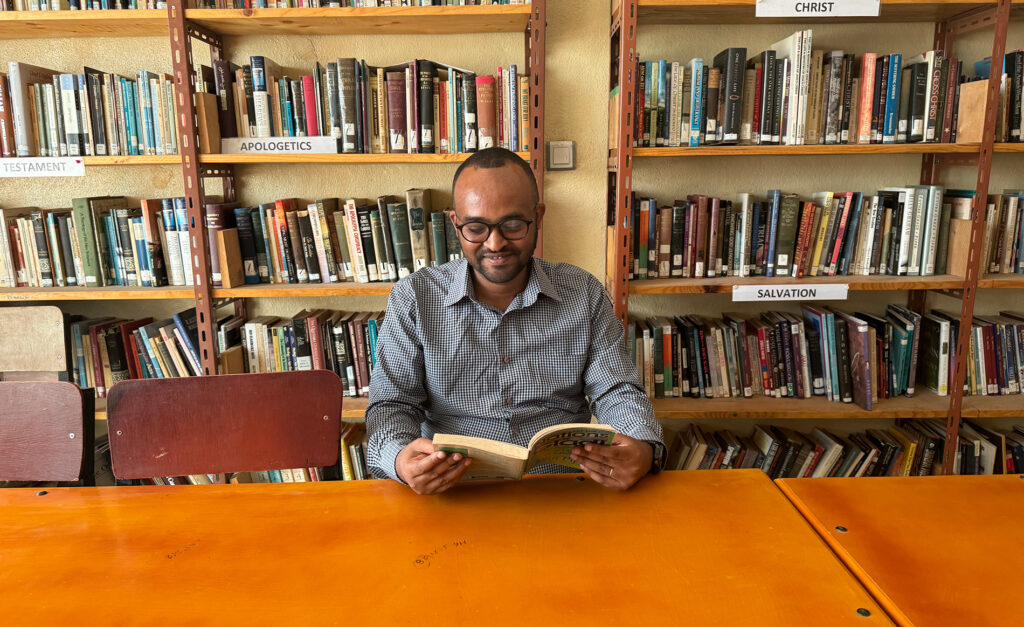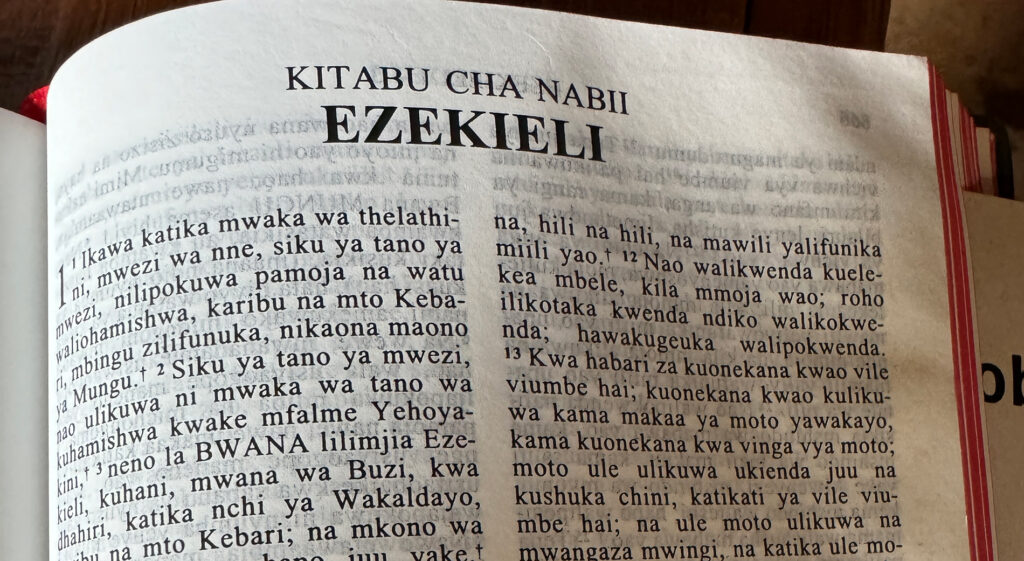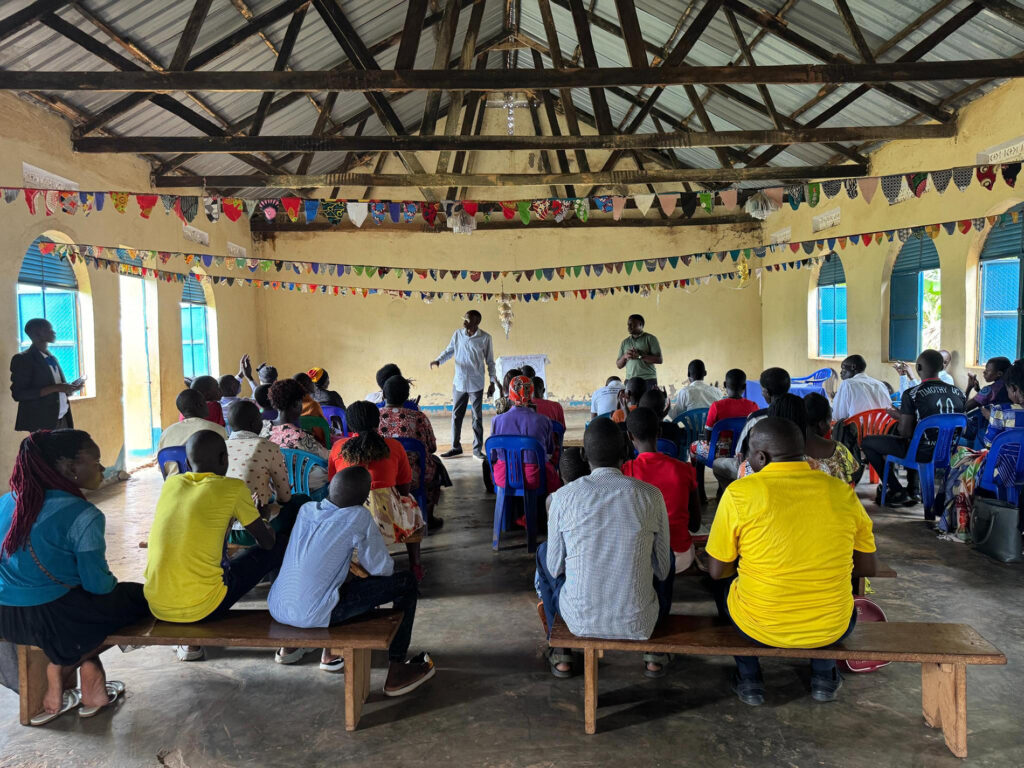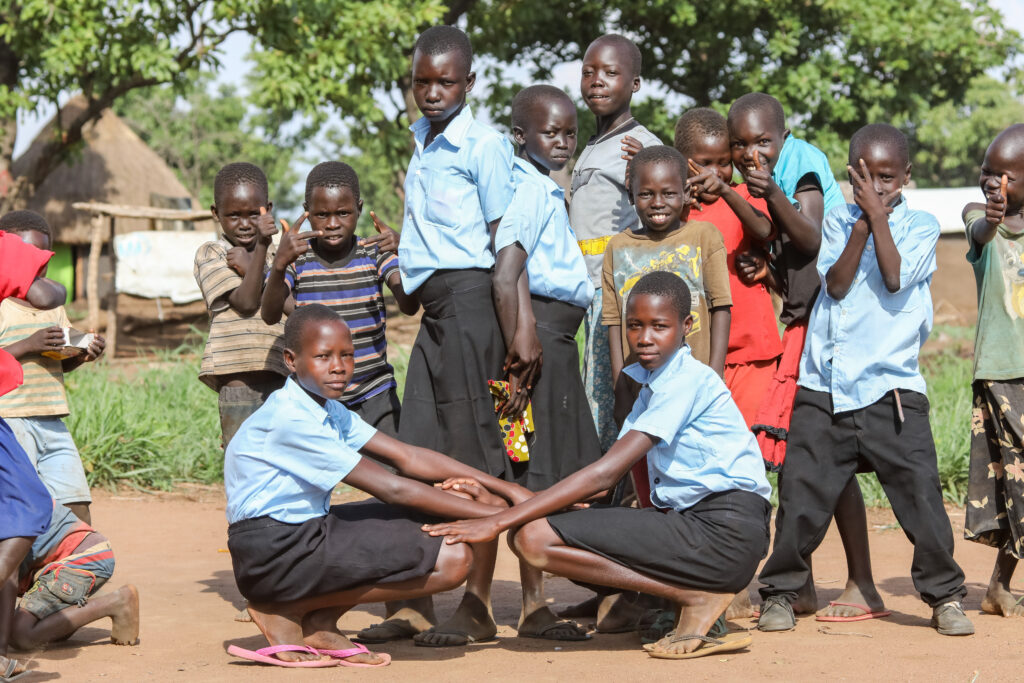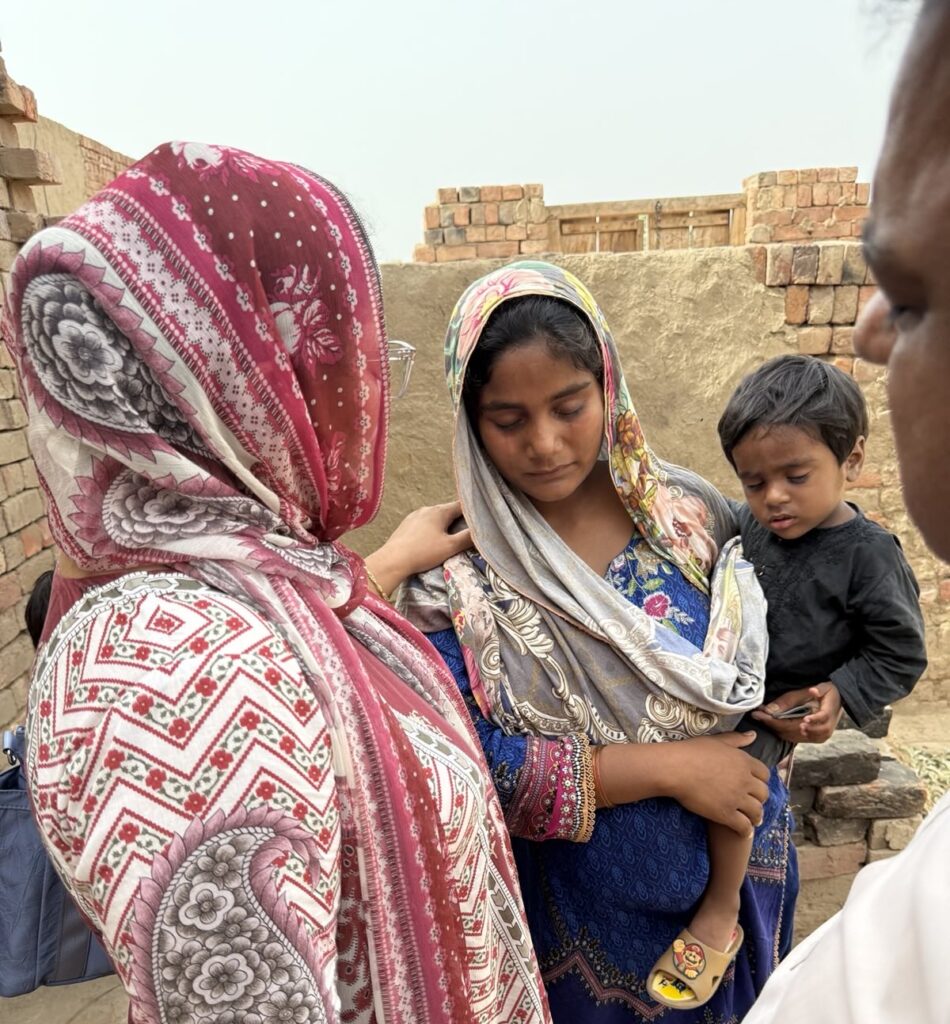LAHORE, Pakistan, January 12, 2023 (Christian Daily International–Morning Star News) – Acquittal after a false blasphemy charge has not kept a Christian widow in Pakistan from being driven from her job and village amid threats to her life.
Musarrat Bibi was acquitted along with Muslim gardener Muhammad Sarmad on Dec. 8 after they were charged with desecrating pages of the Quran while cleaning a storeroom at the Government Girls Higher Secondary School in 66-EB village, Arifwala tehsil of Pakpattan District, Punjab Province, on April 15.
Bibi said she was suspended from work after she was taken into police custody, but despite her release on bail after nearly a month, the school administration refused to restore her job.
“When I returned home after bail on May 12, I began receiving threats from unknown persons that even though the court had freed me from jail, I was still guilty of committing blasphemy and they will not spare my life,” the 45-year-old widow told Christian Daily International-Morning Star News by telephone from an undisclosed location. “I had no other option but to flee the village with my daughter. It’s been nearly seven months now that we are on the run, constantly changing our locations to avoid being traced.”
Bibi said it was impossible to get her job back due to the stigma and risk attached to blasphemy accusations in the 96-percent Muslim country.
“But I’m praying and hoping that God will make a way for me to get the same job in some other district,” she said. “The false accusation has ruined my life, forcing me to seek refuge in different locations since the time I was freed on post-arrest bail on May 12.”
She had worked as an office worker at the school and also operated a private shop there to supplement her income.
“I was given the government job in place of my deceased husband, Barkat Masih, who was a teacher,” said the mother of two married daughters an eighth-grade student who has been forced to drop out of school due to the case. “Everything was going on well till the time I was implicated in this fake case.”
The impoverished Bibi said she was implicated in the case by a Muslim teacher named Muneera who bore a grudge against her after she refused to clean a toilet some days before the alleged incident.
“I had simply told Madam Muneera that I was an office worker and it was not my responsibility to clean the toilet, but she insisted nonetheless,” Bibi said.
On the day of the incident, she was sitting in her shop when the headmistress summoned her.
“When I entered the office, I saw that the room was filled with emotionally-charged staff members,” Bibi said. “As soon as the headmistress saw me, she screamed that I had hurt their religious sentiments by burning quranic pages. I had no idea of what she and the other teachers were accusing me of, but despite my repeated pleas, some teachers pushed me out in the open, where I was besieged by the students and local villagers.”
She began praying silently, asking Christ to give her the courage to face the false accusation, she said.
“Timely intervention of the police saved my life, otherwise God knows what they would have done to me,” she said.
The complainant in the case, Kashif Nadeem, is a cousin of Muneera and was the one who had gathered the crowd and named her as the prime suspect, she said.
Her attorney, Lazar Allah Rakha, said Arifwala Additional Sessions Judge Tariq Mahmood acquitted the widow from the charge under Section 295-B of Pakistan’s blasphemy statutes, which carries a mandatory life imprisonment sentence. The judge admitted Allah Rakha’s arguments that both defendants had no willful intention to desecrate the pages of the Quran.
“The judge also noted the gaps in the police investigation, observing that there was no private witness against the duo, and that the school council had also admitted that the alleged act was not intentional,” said Allah Rakha.
The prominent rights advocate said that Bibi’s case also showed how police registered blasphemy cases in haste under mob pressure, and how the false accusations continue to hound the innocent for the rest of their lives.
In Muslim-majority Pakistan, baseless blasphemy allegations commonly stir up mobs and violence. International and Pakistani rights groups say accusations of blasphemy have often been used to intimidate religious minorities and settle personal scores.
Pakistan’s government has long been under pressure to change the country’s blasphemy laws, but other political forces in the country have strongly resisted.
More than 2,000 people have been accused of committing blasphemy since 1987, and at least 88 people have been killed by mobs after similar allegations, according to the Centre for Social Justice, a Lahore-based independent group advocating for the rights of minorities.
Pakistan ranked seventh on Open Doors’ 2023 World Watch List of the most difficult places to be a Christian, up from eighth the previous year.

